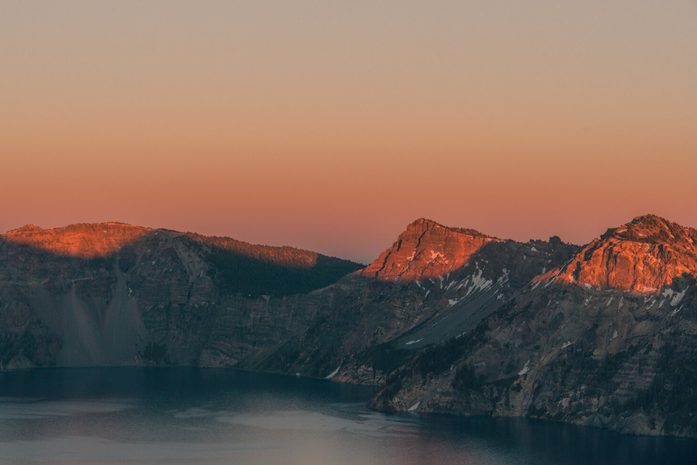
Siv Sandvik
Partner
Oslo
Newsletter
Published:
The main proposals in NOU 2022: 8 can be briefly summarized as follows:
Advokatfirmaet Schjødt regularly assists players in the mineral industry with various challenges of a legal nature, whether related to framework conditions, applications for public law permits and private law agreements. Based on the draft law, we are of the opinion that the minerals industry will benefit from submitting consultation statements in which they express their views relating to the proposal, as it means significant changes in relation to the current regime. The consultation deadline is 1 November 2022. In connection with the presentation of the draft law, the Minister of Trade and Industry called for consultation responses to be submitted as soon as possible, so that the government has plenty of time to work on this and to include input in the government's work on a new mineral strategy to be presented before Christmas this year. Please contact us if your company wants further information about the content of the draft law or there are questions about this you wish to discuss. Of course, we can also assist in preparing the consultation statement.
Note: Please note that all information reproduced in this newsletter is taken from NOU 2022: 8.
